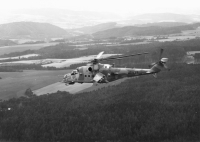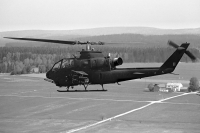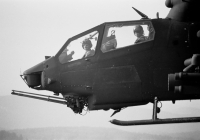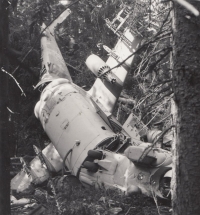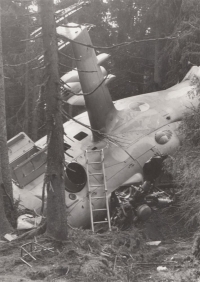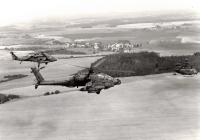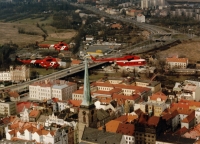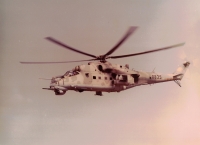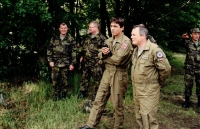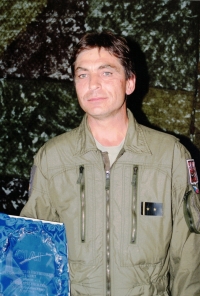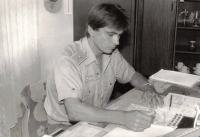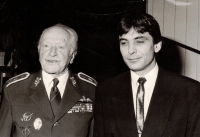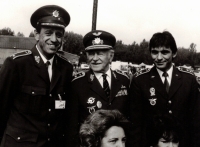We didn’t rattle our guns, we enjoyed flying across the border
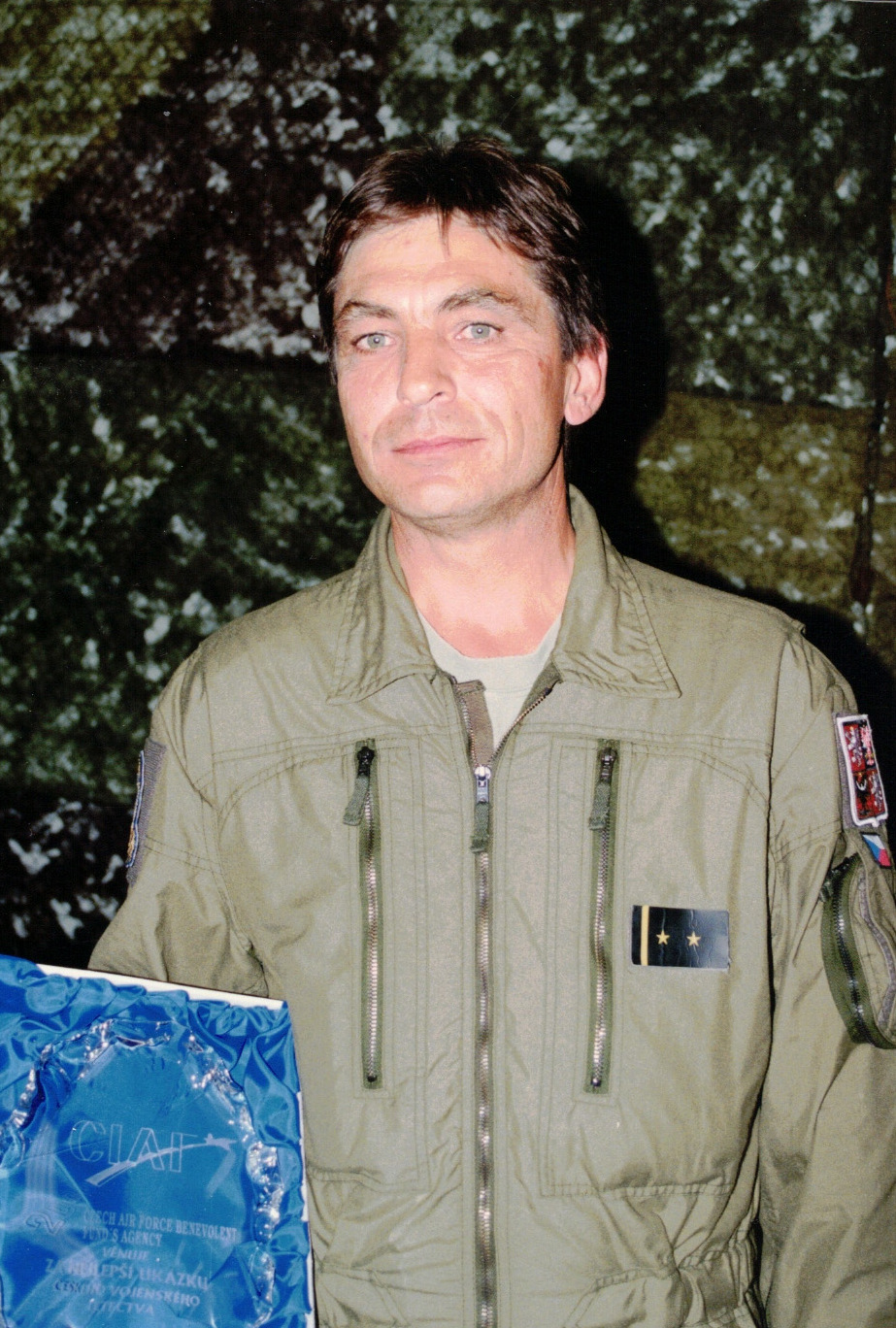
Download image
Jiří Jogl was born on May 12, 1953 in Domažlice and grew up in Horšovský Týn. His father Jiří lived in France until he was sixteen. He later worked at a poultry farm and retired as the director of a large poultry farm in Klatovy. His mother Marie spent her childhood at the Kanice castle, where her father worked as a footman. She trained as a men’s tailor and later worked as a clerk. Jiří Jogl trained as a mechanical locksmith and during his basic military service completed his high school graduation at a two-year officers’ school. He worked at the Pilsen – Bory military airport as an aircraft mechanic. In 1979, he completed a one-year pilot school in Piešťany and became a helicopter pilot. He returned to Pilsen - Bory airport and piloted Mi-4, Mi-24D and Mi-24V helicopters. He became chief of staff and swarm commander of the 11th Helicopter Squadron in Pilsen in Bory. At the end of 1984, following the decision of the Ministry of National Defense, two helicopters of the 11th Helicopter Squadron moved from Pilsen to Zhůří near Horská Kvilda in Šumava. They became part of the system against slow and low flying targets. Jiří Jogl was one of the pilots whose task was to guard the state borders. He rose steadily in the military hierarchy, first becoming deputy squadron commander, then squadron commander, later on deputy regimental commander and finally regimental commander. In 1991, he was present at the formation of the Military Air Rescue Service, which served the Pilsen and Karlovy Vary regions from the Líně airport near Pilsen. He left the army in 2005. He then trained helicopter pilots in Ghana, Africa and the neighbouring Ivory Coast. He later conducted training in Nigeria as well. Since 2007, he has helped fight fires in Spain, Turkey and Greece. He is the chairman of the association Letci Plzeň (Aviators Pilsen) and vice-chairman of the national committee of the Czech Aviation Association, which is trying to prevent the destruction of the Líně airport near Pilsen. The Czech government supports the plan for the German company Volkswagen to build a large factory for the production of batteries for electric cars on the grounds of the airport. He has a son and a daughter, his son Jiří flies as his father once did with the military rescue service in Pilsen, his daughter teaches at an English school in Prague.
